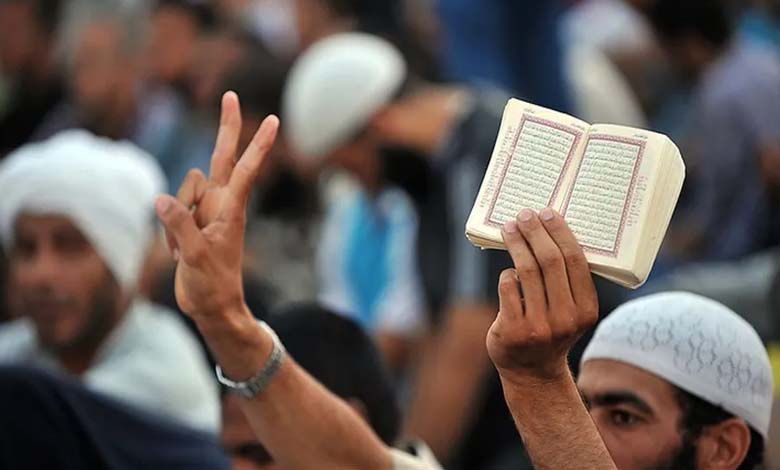Between Organizational Collapse and Ideological Dominance: Has Political Islam Really Ended?

Political Islam remains one of the most complex intellectual and political challenges in the Arab world — not as a single organized movement, but as a broader phenomenon that permeates the structures of both state and society. The term emerged from the political and intellectual transformations of the Arab world and does not necessarily reflect the essence of Islam as a religion. Rather, it manifests in partisan and organizational contexts.
-
Growing calls for a ban: the noose tightens around political Islam in Austria
-
The Social Containment Strategy: A New Tactic of Political Islam in Germany
The region’s crises, such as the ongoing situation in Gaza, highlight a dynamic tension: the redefinition or reinforcement of political Islam’s role in new forms. Real power is no longer tied solely to structured movements, but to the cultural and political mindset that weaves religion and governance together within societies. This gives the current an enduring presence, one that survives changes in rulers and official institutions alike.
According to an article published by Egypt’s Al-Watan newspaper, regional and international powers seeking to reshape the Arab scene often view political Islam either as a tool or a challenge. Yet, the cultural and intellectual dimension of this trend is far more consequential, as it is deeply rooted and less visible. It influences
-
Have influencers become the new weapon of political Islam in Europe?
-
New Measure: Political Islam Under Tightened Surveillance in Austria
minds and generations over time, while organizational structures may collapse or disintegrate.
The article concludes that the downfall of a group such as the Muslim Brotherhood does not signify the end of political Islam. On the contrary, the persistence of its ideology and the policies derived from it sustain its influence within Arab societies. Through language, history, and faith, this current manages to continually reinvent itself, maintaining relevance despite organizational crises and defeats.
-
International Interface or Political Islam Tool? UN Mission in Libya Accused of Backing the Muslim Brotherhood
-
Austria Launches Campaign against Political Islam Groups and Plans to Ban Hijab for Girls Under 14
-
German Government: What Does Merz’s Victory Mean for Political Islam Organizations?
-
Banning Political Islam in Austria? A Leading Expert Responds












